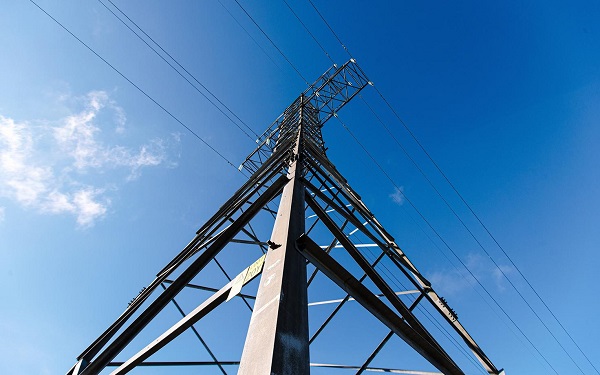Estonia, Latvia, and Lithuania have today executed a historic disconnection from the Russian-controlled BRELL power grid, marking a pivotal shift in their energy independence.
This move, culminating nearly two decades of meticulous planning, underscores the Baltic nations’ commitment to energy sovereignty and alignment with European systems.
Technical Feats Achieved
Transitioning from the Soviet-era BRELL system to the European Union’s synchronous grid demanded significant infrastructure enhancements.
The Baltic states collectively invested approximately €1.6 billion in grid modernization, with substantial support from the EU. Key projects included the development of high-capacity connections like the LitPol Link with Poland and the NordBalt link with Sweden, facilitating seamless integration with the European network.
A critical component of this transition was the successful 24-hour isolated operation prior to synchronization. This period allowed for rigorous testing of frequency and voltage stability, ensuring the Baltic power systems could operate autonomously before fully integrating with the European grid.
Security Vigilance Intensified
Amid the technical preparations, security concerns have been paramount. The Baltic region has heightened vigilance against potential sabotage, especially following incidents like the suspected tampering of subsea cables.
In response, enhanced security measures have been implemented, including naval deployments and infrastructure protection drills, to safeguard critical energy assets during and after the transition.
Geopolitical Implications
This disconnection not only signifies a technical and infrastructural milestone but also carries profound geopolitical weight.
By severing the final energy link to Russia, the Baltic states have fortified their energy security and reduced susceptibility to external political pressures.
This move also isolates Russia’s Kaliningrad exclave, compelling it to operate its power system independently, which may have broader strategic consequences in the region.
Looking Forward
As Estonia, Latvia, and Lithuania embark on this new chapter within the European energy framework, continuous monitoring and regional cooperation will be essential to maintain grid stability and security.
The successful synchronization with the European grid not only enhances energy independence but also exemplifies the intricate balance between technological advancement and security preparedness in today’s interconnected world.
Also Read
